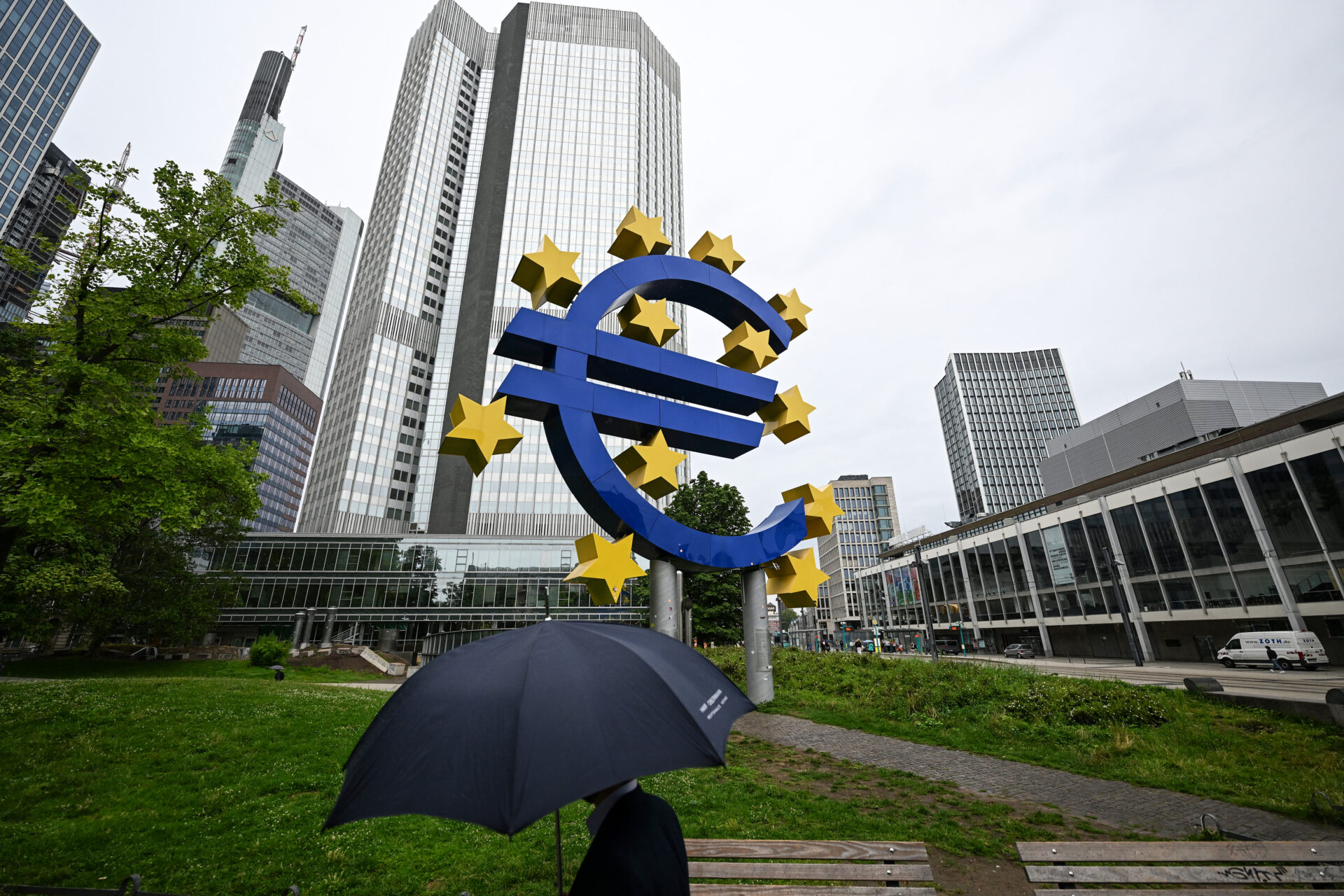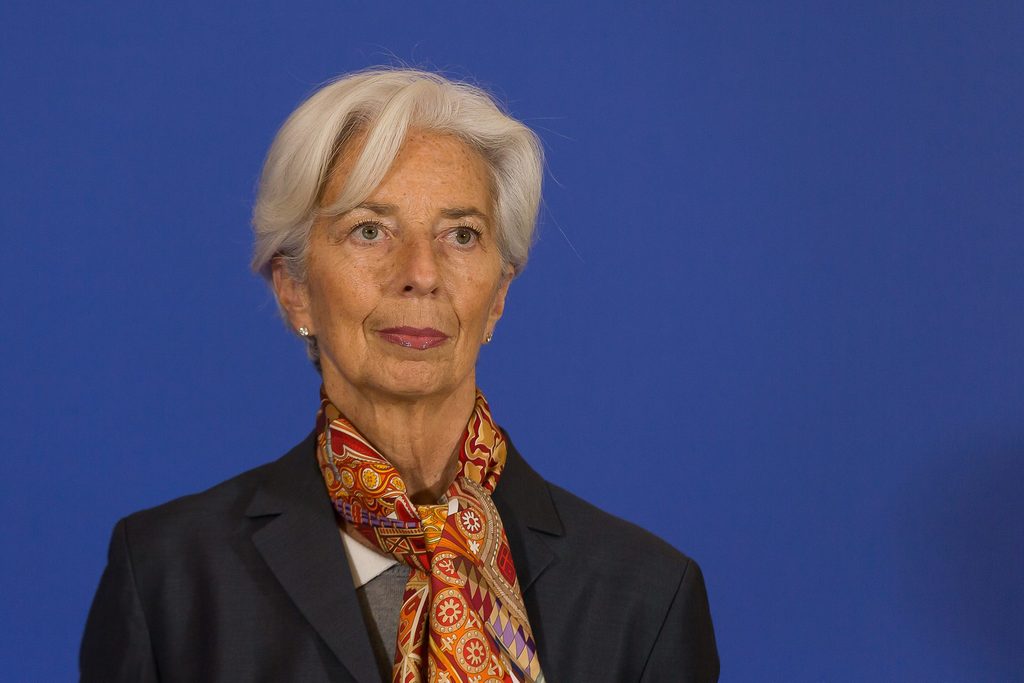The European Central Bank (ECB) has cut its key lending interest rate down to 3.5%, as inflation in the eurozone continues to cool.
The ECB's Governing Council confirmed on Thursday that its deposit rate will be lowered from 3.75% to 3.5%, effective from 18 September. In tandem, the ECB's interest rates on the main refinancing operations and the marginal lending facility will fall to 3.65% and 3.90%, respectively.
In a bid to slow the momentum of spiralling inflation (caused by factors such as the pandemic, disrupted supply chains and increased energy costs following Russia's invasion of Ukraine), the ECB raised its benchmark deposit interest rate ten times between July 2022 and September 2023, from 0% to a record high of 4%.
As inflation has eased across the eurozone, Europe's central bankers have started to lower lending rates again. According to Eurostat's flash estimate, annual inflation dropped to 2.2% in August, from 2.6% in July.
Today's announcement follows a previous rate cut in June, as the ECB says inflation will continue to fall between now and 2026.
The central bank predicts that headline inflation in the eurozone will average 2.5% this year, falling to 2.2% in 2025 and 1.9% in 2026. Meanwhile core inflation, which excludes energy and food prices, is expected to average 2.9% this year, falling to 2.3% in 2025 and 2% in 2026.

A man shelters from the rain under an umbrella as he walks past the Euro currency sign in front of the former European Central Bank (ECB) building in Frankfurt am Main, western Germany, on 27 July 2023 ahead of the ECB's monthly announcement on eurozone monetary policy. Credit: Kirill Kudryavtsev / AFP
Slightly more pessimistic than the last projection in June, ECB economists now predict that the European economy will grow by 0.8% this year, rising to 1.3% in 2025 and to 1.5% in 2026. They said the downward revision was due to weaker domestic demand over the next few quarters.
ECB President Christine Lagarde said that the central bank is "determined" to ensure that inflation falls below its target of 2% "in a timely manner". "We will keep policy rates sufficiently restrictive for as long as necessary to achieve this aim," she said.
In a press conference following the rate cut, Lagarde also said that European governments should be aiming to make their economies "more productive and competitive", noting the flagship Draghi report on European competitiveness published earlier this week.
"Mario Draghi's report on the future of European competitiveness and Enrico Letta's report on empowering the Single Market stress the urgent need for reform and provide concrete proposals to make this happen," she said.
"Implementing the EU's revised economic governance framework fully, transparently and without delay will help governments bring down budget deficits and debt ratios on a sustained basis. Governments should now make a strong start in this direction in their medium-term plans for fiscal and structural policies," she added.
Related News
- Economic uncertainty has 'surged' in recent years, surpassing 2008 peak
- European Central Bank cuts interest rates for first time since 2019
- Staying in the global game: EU must raise spending by 'unprecedented' €800 billion a year
- Belgium's annual inflation highest among all eurozone countries
The ECB said that Thursday's interest rate cut was based on current projections about inflation, but that it will continue to take a "data-dependent and meeting-by-meeting approach."
"In particular, our interest rate decisions will be based on our assessment of the inflation outlook in light of the incoming economic and financial data, the dynamics of underlying inflation and the strength of monetary policy transmission. We are not pre-committing to a particular rate path," said Lagarde.

